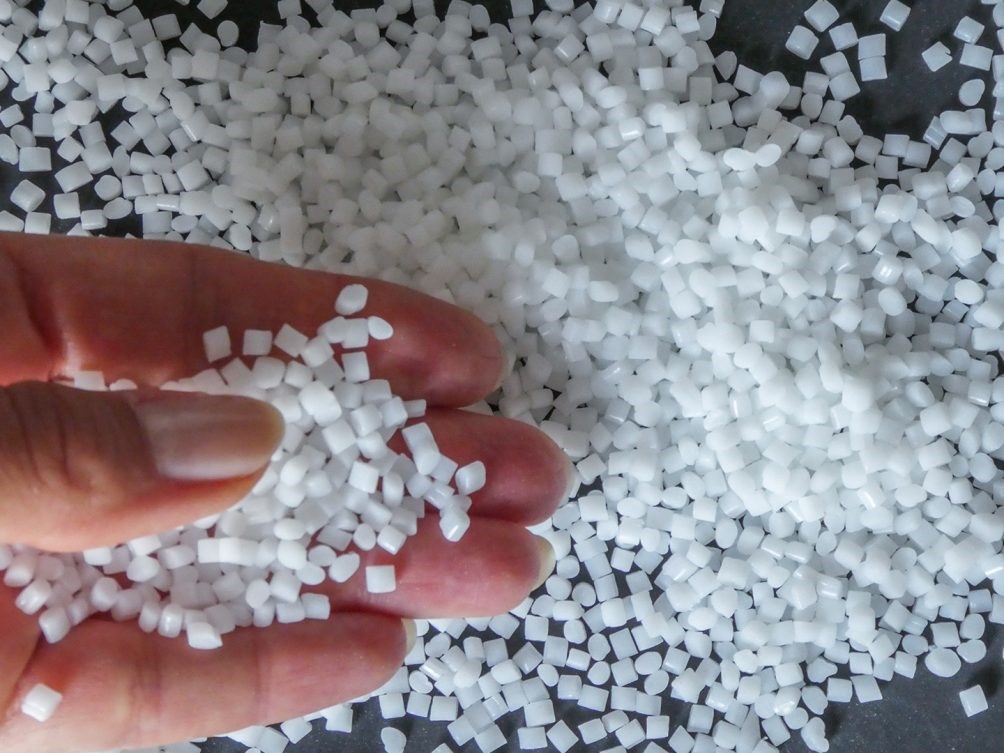
Making plastic durable and degradable
Polyethylene is a non-polar, hydrophobic material that—like wax—is water-repellent. To expand its material properties, by for instance improving adhesion to metal surfaces, ways have long been sought to incorporate a small amount of polar groups in the material during
polyethylene synthesis. To date, this has been most elusive as
conventional catalysts used in the process were destroyed by polar reagents.
Researchers, have now succeeded in incorporating keto groups in the molecular chains that plastics are comprised of. This is achieved by using a catalyst which—due to its position in the periodic table of elements—is compatible with Carbon monoxide utilized as a reagent for producing keto groups.
A key factor in this process is creating just a limited amount of keto groups in order to maintain typical and favourable mechanic properties of polyethylene like durability.
Another special feature is that the limited amount of keto groups can also improve the new plastic's degradability. On a laboratory scale it was demonstrated that, when exposed to simulated sunlight, the new plastic displays a slow chain degradation which does not occur in conventional polyethylene.
 English
English Arabic
Arabic


